
Soltan Hajibeyov entered the history of Azerbaijani music culture as a talented composer, pedagogue and music public figure.
S.Hajibeyov's creative face is distinguished by clarity, purity of his worldview, poetry. The composer is also known as a master of landscape painting in music. His music is dominated by bright national genre images.
Soltan Hajibeyov was born in 1919 in Shusha, our great cultural center. Folk music had a great influence on the development and formation of the future composer. Soltan Hajibeyov's creative path dates back to the late 1930s and early 1940s.
This period was of great importance in the development of Azerbaijani music culture.
The composer's first works were "Pioneer Cantata" for choir and symphony orchestra and the musical comedy "Golden Rose". In 1939, the composer entered the composition department of the Azerbaijan State Conservatory, in the class of Professor Zeidman.
In 1945, the Turkmen Opera and Ballet Theater commissioned S. Hajibeyov to write the opera "Kamina and Gazi". The symphonic part of this work is called "Caravan".

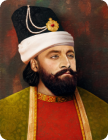
The founder of the Karabakh khanate, Panahali Khan Javanshir was a descendant of the famous Javanshir dynasty of Karabakh. He was born in 1693. He became famous as a prominent commander and statesman. During his reign, Shahbulag Castle and Askeran Fortress were built, where large-scale construction and building works were carried out.
Read All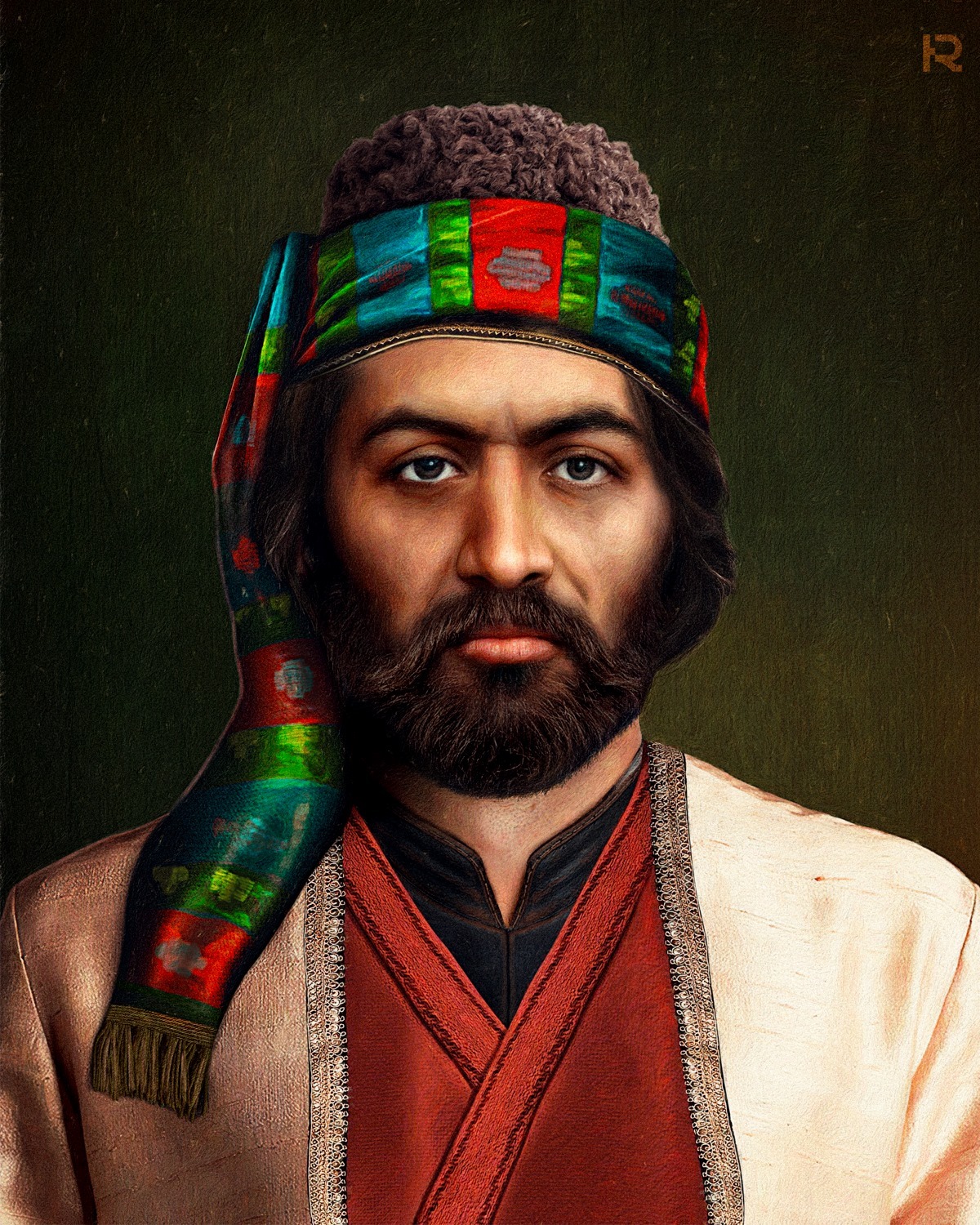
Vagif was born in 1717 in the village of Salahli near Gazakh. In 1759 his family had to move to the Karabakh khanate. Panah was well educated. He was fluent in Persian and Arabic and had extensive knowledge of astronomy, mathematics, music and poetry. Shortly after arriving in Karabakh, Vagif moved from Tartarbasar to Shusha and opened a school there. Vagif's works, such as "Badi-saba, tell me something", "If you go to the prayer tomorrow's song", "It's a holiday", "Your eyes are the executioner, the oil of your eyes", "Cranes", "I was amazed" and other poems have become very famous.
Read All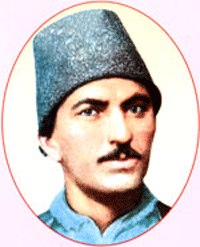
Gasim bay Zakir was born in 1784 in the city of Shusha. He is a descendant of the famous ruling Javanshirs dynasty of Karabakh. The most ruthless critics in Zakir's satire are those who violate the rights of the weak and powerless. He wrote on various topics: "Prince and Person", "Prince, lover and young lover", "Cooking of the lover", "About the lover and the lover", "Zovci-ahar", "Tarlan and the messenger", "The man who lost his camel". There are verse stories such as "The Girl with the Dervish", "The Shameless Dervish", "The Immoral Gazi".
Read All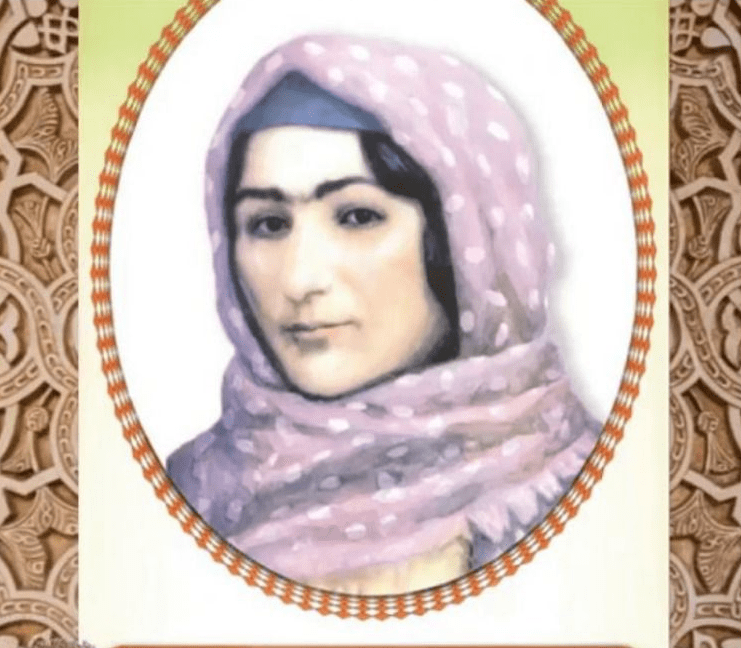
Natavan was born on August 15, 1832 in Shusha. Mehdigulu khan named his daughter after his mother Khurshidbanu. As Khurshidbanu was the only child of the family and the last heir of the Karabakh khanates, she was called "Durru yekta" (Single pearl) in the palace, and "Khan gizi" among the people. In the 19th century, as a rule, children of aristocratic families were taught Arabic and Persian along with their native language, so the Khan's daughter also learned these languages and mastered the rules of classical poetry through them. Rare books and valuable manuscripts of genius oriental poets connected Khurshidbanu with classical literature. Khurshidbanu Natavan was a person with brilliant talent and advanced ideals.
Read All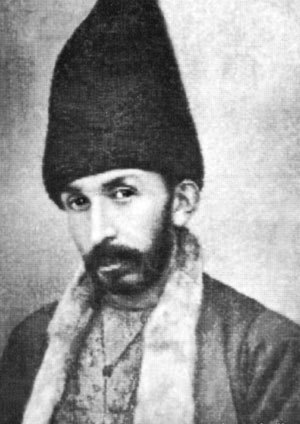
Mir Mohsun Navvab was born in Shusha in 1833 in the family of Haji Seyid Ahmad and never left his hometown. Mir Mohsun Navvab's famous musical treatise Vuzuhul-Arqam was first published in 1913 in Baku. Navvab uses the term dastgah for the first time, mentioning the six dastgah known in Karabakh at that time: Rast, Mahur, Shahnaz, Rahavi, or Rahab, Chahargah and Nava. In this work, the scientist mentions 82 songs and mugams performed by Karabakh musicians.
Read All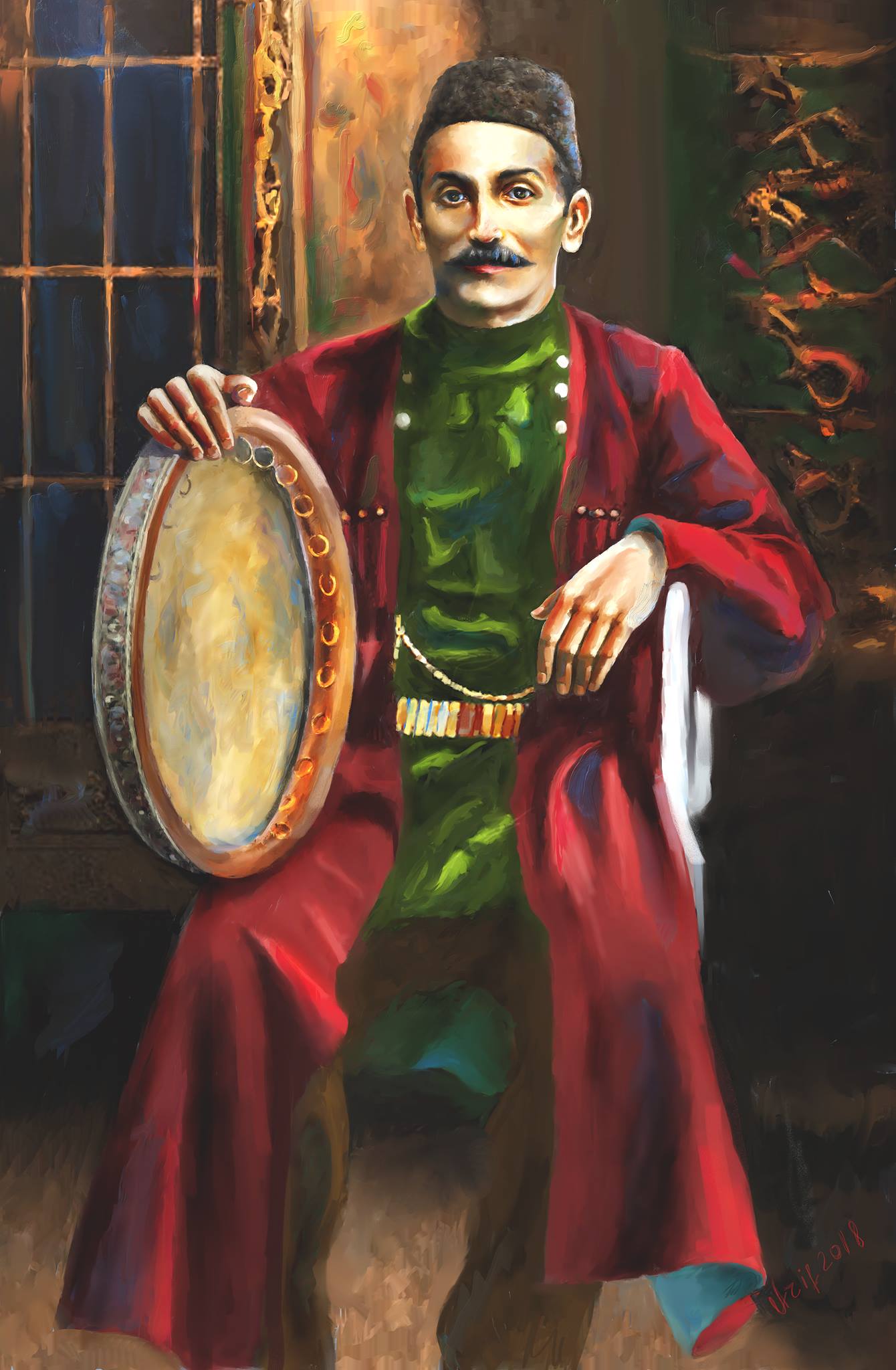
Jabbar Qaryagdioglu was born in 1861 in Seyidli neighborhood of Shusha. As a child, Jabbar, who used to graze lambs with the children of the neighborhood in "Gayabashi", "Kirkhpillakende", "Aghzyasti kahada", would hum for hours sitting on "Dalikdash". Jabbar Qaryagdioglu was a singer, composer, musician and People's Artist of Azerbaijan in 1935. Azerbaijan was one of the most prominent representatives of the art of singing. Jabbar Qaryagdioglu's voice was a strong dramatic-tenor type. With this strong and majestic voice, he sang "Segah", which is considered to be an ext
Read All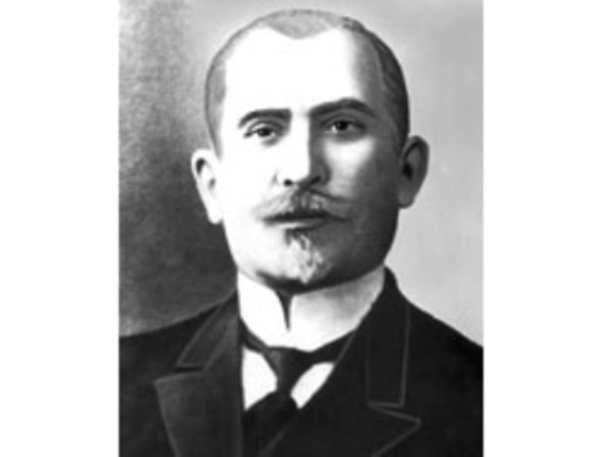
Firudin bay Kocharli was born on January 26, 1863 in Shusha and known as "Azerbaijani scientist, critic and pedagogue" in the history of Azerbaijani literary criticism and pedagogical thought. In 1884, while studying at the Gori Teachers' Seminary, he wrote “The Teaching of Socrates”. In 1886 he staged his first theatrical performance. In 1890, he staged the comedy "Monsieur Jordan and the dervish Mastali Shah" in Yerevan. He also translated works of M.F.Akhundov, Jalil Mammadguluzadeh and other local and foreign writers into foreign languages.
Read All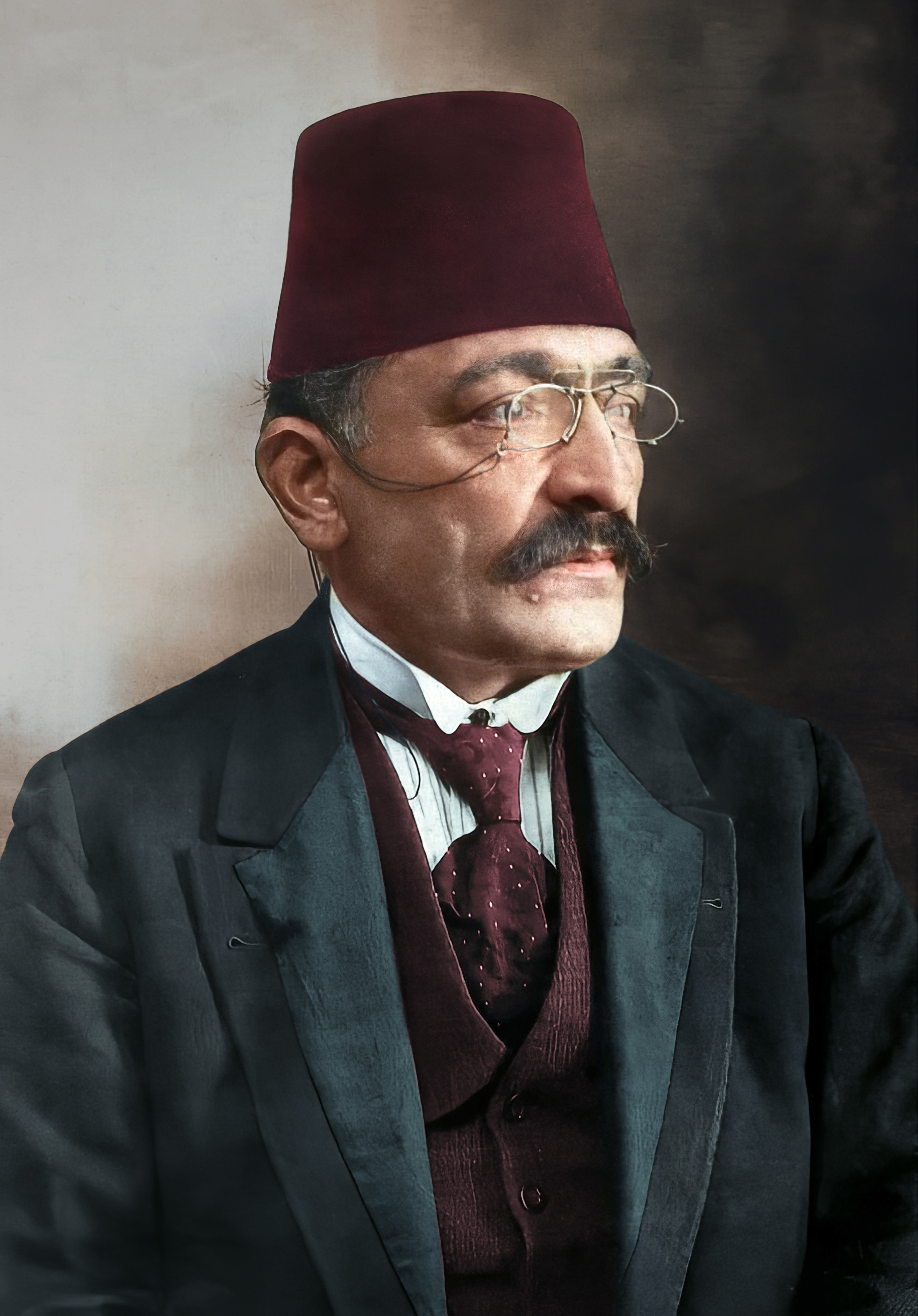
Ahmad Agaoglu is one of the prominent figures in the history of literary, cultural and socio-political thought not only of the Azerbaijani people, but also of the entire Turkic-Islamic world. While studying at the Sorbonne, Ahmad Bey wrote reviews of two books on the Middle East, as well as articles for the Russian-language Kavkaz newspaper in Tbilisi. Returning after studying in France, Ahmad Agaoglu opened the first library and reading room in Shusha in 1896. In 1897, he came to Baku at the invitation of Haci Zeynalabdin Tagiyev, wrote articles for the "Kaspi" newspaper and, together with A. Huseynzadeh, edited the "Hayat" newspaper.
Read All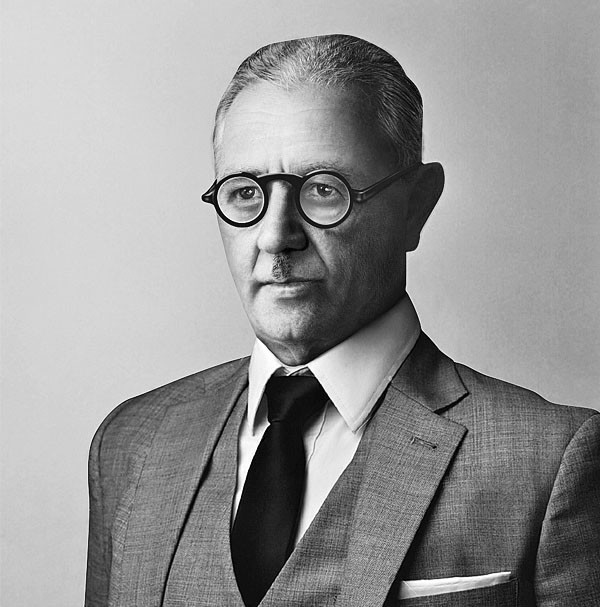
Uzeyir bey Abdulhuseyn oglu Hajibeyov — world-famous composer, prominent musicologist, scientist, publicist, playwright, pedagogue and public figure, founder of modern Azerbaijani professional music and national opera, Honored Art Worker of Azerbaijan (1935), People's Artist of the USSR (1938). He was an academician of the Academy of Science (1945), professor (1940), chairman of the Union of Composers of Azerbaijan (1938-1948), rector of the Azerbaijan State Conservatory (1928-1929, 1939-1948), director of the Institute of Arts of the Azerbaijan Academy of Sciences (1945-1948). Hajibeyov's opera "Leyli and Majnun" performed at the Haji Zeynalabdin Tagiyev theater in Baku on January 12, 1908 laid the foundation of opera not only in Azerbaijan, but in the whole Muslim East. In 1909-1915, Hajibeyov wrote "Sheikh Sanan" (1909), "Rustam and Sohrab" (1910), "Shah Abbas and Khurshidbanu" (1912), "Asli and Karam" (1912), "Harun and Leyla "(1915) as well as he wrote a libretto of mugam operas based on folk tales and legends, motifs of Firdovsi's Shahname.
Read All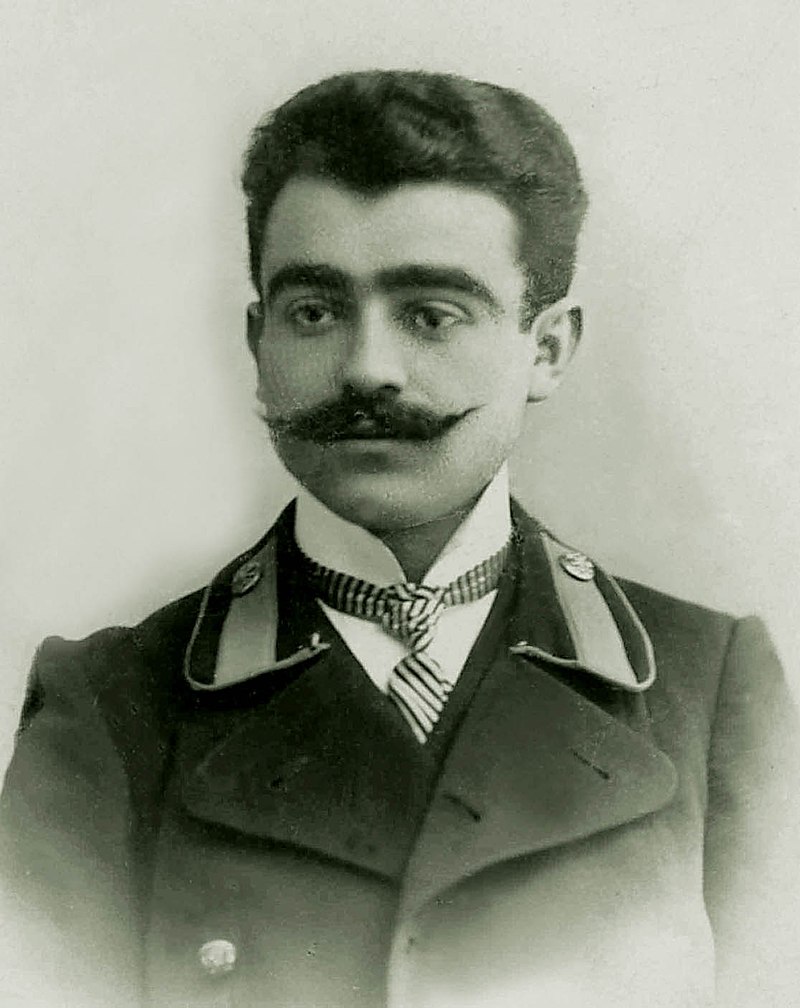
Yusif Vazir Chamanzaminli, one of the brightest representatives of the history of socio-political thought in Azerbaijan in the 20th century, was born on September 12, 1887 in Shusha. He received his primary education in Shusha at the school of Mullah Mahdi, known as "Snow Khalifa". Yusif Vazir, who was forced to leave school as a result of the Armenian-Azerbaijani clashes, headed to Baku to continue his education. After graduating from the Baku Real School in 1910, the young writer entered the law faculty of the Imperial University named after St. Vladimir in Kiev.
Read All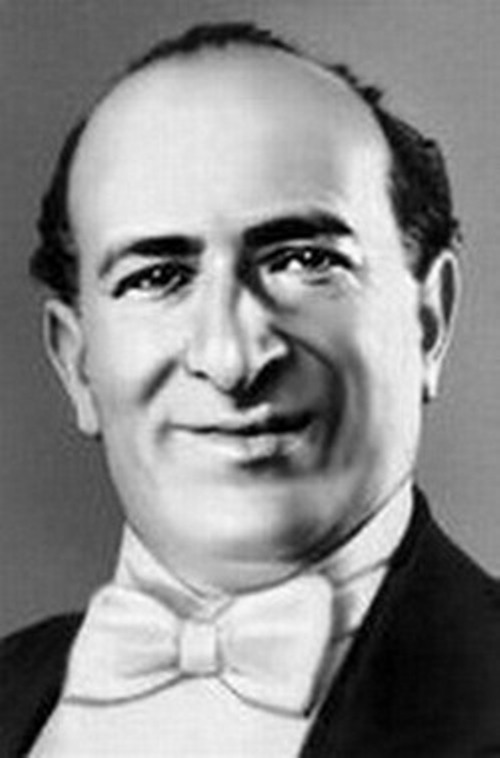
Bulbul was born on June 22, 1897 near Shusha in a place called Khanbaghi. From 1920 he was a soloist of the Azerbaijan State Academic Opera and Ballet Theater (then the opera troupe of the United State Theater). In the first years of his activity he played in Uzeyir Hajibeyov's "Leyli and Majnun" (Ibn Salam), "Asli and Karam" (Karam), "Ashig Garib" (Garib). In 1927 he graduated from the Baku Conservatory and continued his education in Milan, Italy.
Read All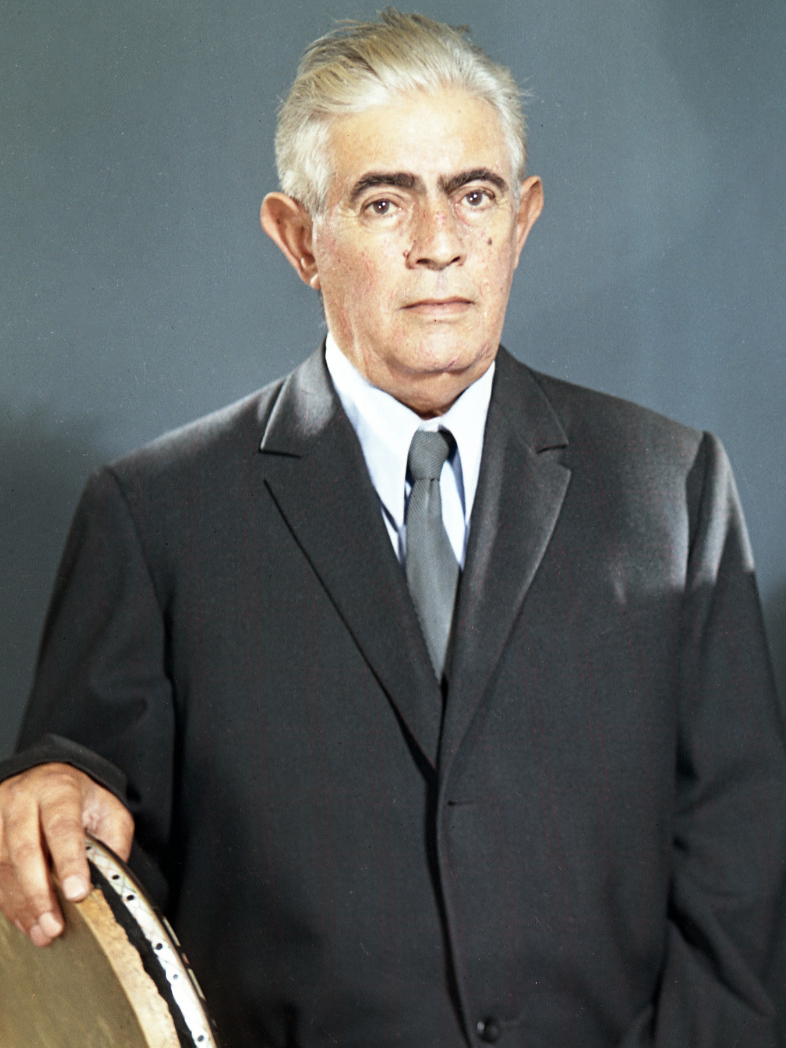
Khan Shushinsky was born on August 20, 1901 in Shusha. When he was 16 years old, his teacher named him "Khan Shushinsky" because he sang "Kurd-Shahnaz" mugam in an amazing way. Jabbar Qaryagdioglu and Seyid Shushinsky also had a great influence on the Khan's upbringing as a singer. In the 1920s, Khan Shushinsky came to Baku and expanded his performing activities. Along with "Mahur-Hindi", "Bayati-Gajar", "Qatar" instruments, "Karabakh shikestasi", "Arazbari", "Heyrati" percussion mugams, folk songs and classifications took a big place in the Khan's repertoire. Khan Shushinsky sang folk songs with special enthusiasm, instilling new shades in them. In 1934, Khan Shushinsky was awarded the first prize at the first Transcaucasian Art Olympiad in Tbilisi. He also represented the Azerbaijani music culture at a high level and with dignity in other countries.
Read All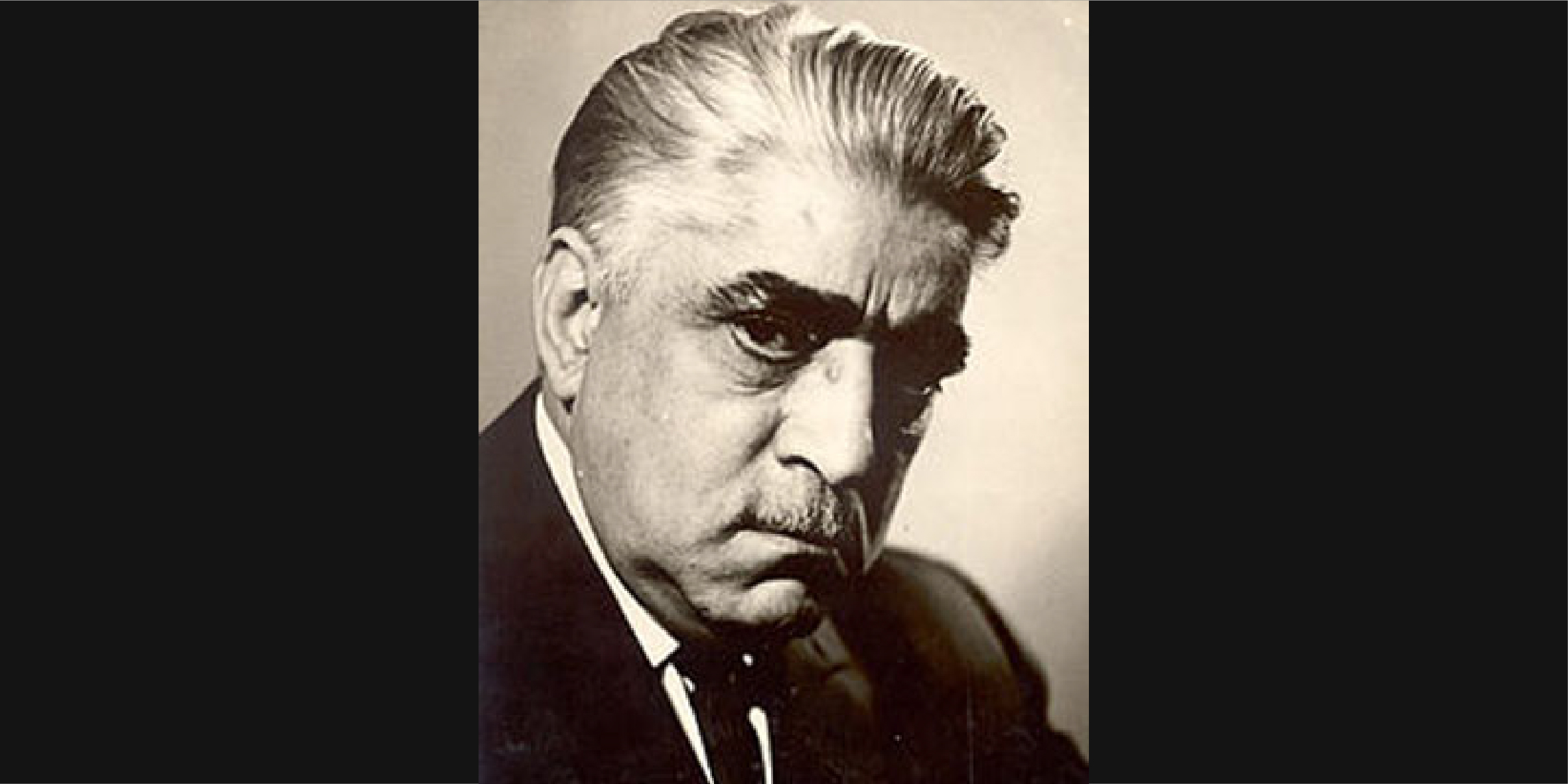
Well-known theater director Shamsi Badalbeyli was born in 1911 in Shusha in an intellectual family. His father Badal bey Badalbeyli and uncle Ahmad Agdamski (Badalbeyli) played a significant role in the revival of our national drama and music theater. Badal Bey is both a teacher and an actor, performing in operettas, operas and plays. After graduating from high school, he followed in his father's footsteps and studied at the Baku Pedagogical College. Shamsi Badalbeyli, who played as an amateur actor as a student, entered the class of folk instruments of the Azerbaijan State Conservatory in 1927. When he was a student, he played the tar in the small orchestra of the National Drama Theater. Despite the age differences, young Shamsi had become friend with Jafar Jabbarli, Ismail Hidayatzade and director Alexander Tuganov. In 1932, as an assistant director, he participated in the preparation of several performances.
Read All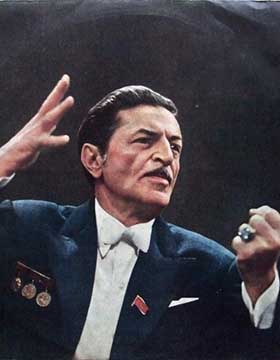
Niyazi Tagizade-Hajibeyov was born on August 20, 1912 in Tbilisi in the family of the famous composer of his time Zulfugar Hajibeyov. He is originally from Shusha. He is an author of "Khosrov and Shirin" opera (1942), "Zagatala suite" (1934), "Return" (1939), "Concert waltz" symphonic works, "Rast" symphonic mugam (1949) , the "Dance Suite for Symphony Orchestra", the ballet "Chitra" (1962) based on the works of Indian writer Rabindranath Tagore (1962) and other musical works. He prepared new editions of the works "Mal alan", worked for the symphony orchestra of Azerbaijani folk songs ("Khumar oldum", "Qaragila", "Ay beri bax", "Kuchalera su sepmisham", etc.).
Read All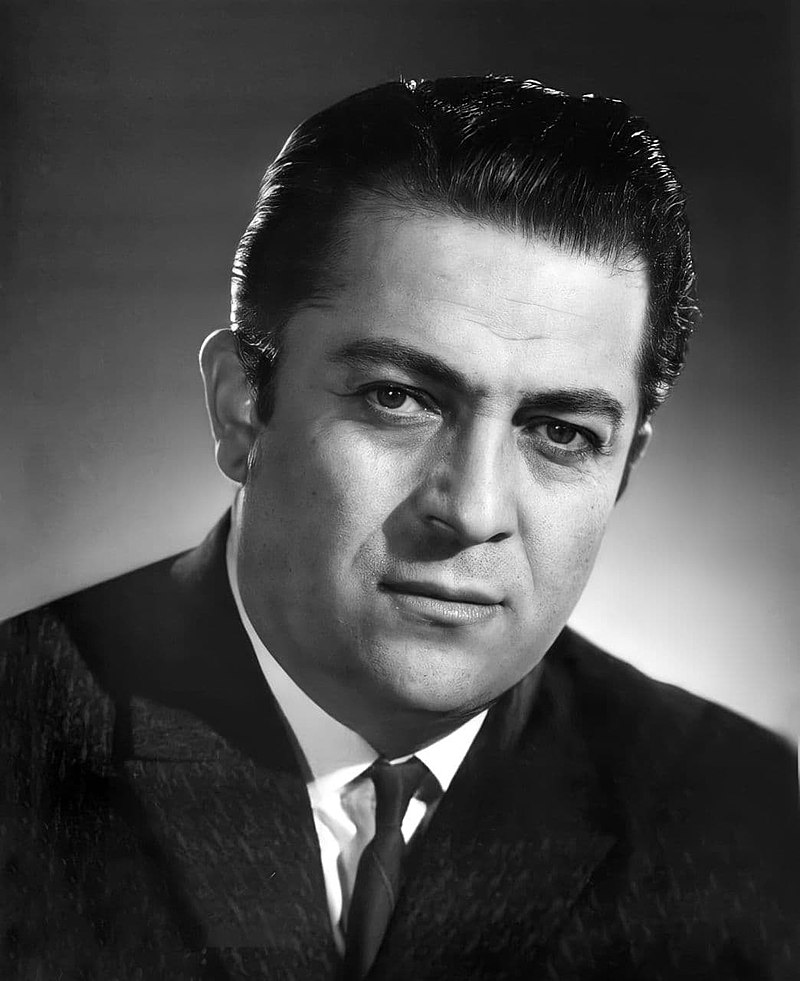
Rashid Behbudov was born on December 14, 1915 in Tbilisi in the family of singer Majid Behbudov. He is originally from Shusha. At the end of 1943, he was invited to star in the film "Arshin mal alan" based on the operetta of Uzeyir Hajibeyov. His combination of vocal masterpieces ranged from classical performances to lyrical songs. Behbudov's rare vocal talent gave him opportunity to travel beyond the "Iron Curtain" of the Soviet Union and as a singer he toured with concert performances in several countries of the world, including Iran, Turkey, China, India, Japan, Argentina, and many other countries in Europe, Asia and Latin America.
Read All